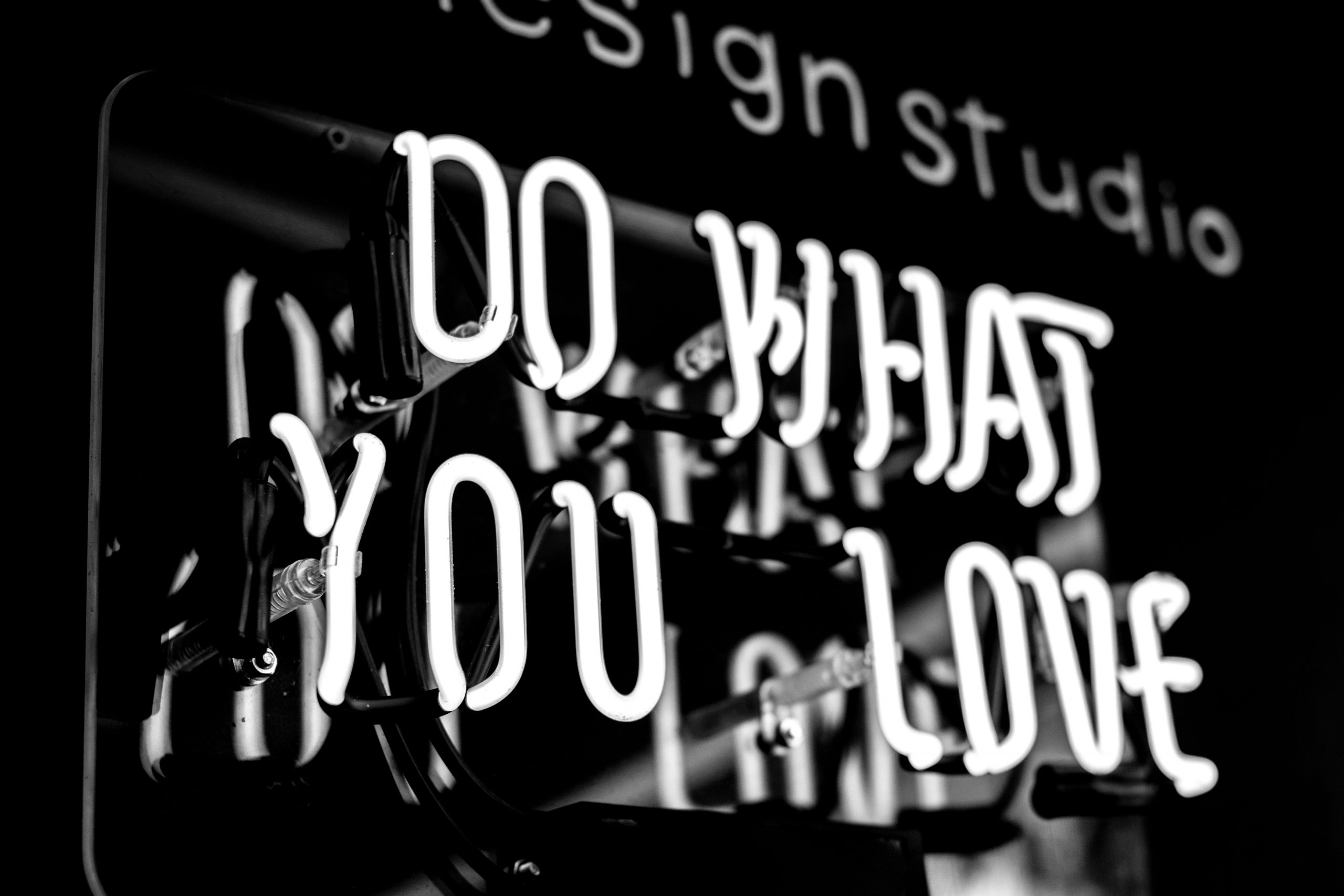THE REAL CHALLENGES LIE IN THE UNCERTAINTY AND VOLATILITY THAT LIES AHEAD. COMING DOWN THE LINE ARE JOB ROLES THAT DON’T YET EXIST AND A MYRIAD OF WAYS OF ENGAGING WITH AND CONTRACTING TALENT – BEYOND THE TRADITIONAL PARAMETER OF FULLTIME EMPLOYMENT – AS HYBRID WORKING MATURES AND IN-TIME CONTRACT WORK DEVELOPS. WITH COMPETITION FOR SKILLS UNABATED, GAINING ADVANTAGE DEPENDS ON DIVERSITY, EQUITY, INCLUSION AND GLOBAL REACH AND EXPOSURE. BUT BY FAR THE BIGGEST ELEPHANT IN THE ROOM IS BIAS – CONSCIOUS AND UNCONSCIOUS.
THE RECRUITMENT PROCESS HAS UNDERGONE A NUMBER OF CHANGES IN RECENT YEARS, CHARACTERISED BY MULTI-LAYERED INTERVIEWS, BOTH VIRTUAL AND FACE-TO -FACE, USE OF CHATBOTS AND EVEN EXPERIENCES IN THE METAVERSE. WITH THIS IN MIND, RECRUITERS MUST CONSIDER HOW TO KEEP UP, BY LEVERAGING TECHNOLOGICAL ADVANCEMENTS THAT ARE NOW READILY ACCESSIBLE, INCLUDING AI.
AI essentially has the power to free up time, provide valuable insights during the recruitment process and make hiring easier. Essentially, AI’s most powerful tool is speeding up the recruitment process, taking away the task of sifting through hundreds of CVs and applications. When used well, AI can also offer benefits and insights to help companies progress fairly and efficiently. It can help companies to reach equality, diversity and inclusion targets by reducing the unconscious bias that often exists when selecting applicants, as well as reinforcing the search to find a candidate with the best skills for the role. AI can help HR teams to attract new talent and find factors that have resulted in employee turnover, by evaluating previous data. For instance, companies might be aiming to fill a specific position, yet miss out on prospects because the job description’s language or skills are biased to a particular gender or other identity. AI can not only recommend ways to improve job advertisements, so they are more welcoming and appealing to candidates from diverse backgrounds, but it can also generate insights by using talent analytics data to help businesses filter through the gaps in diverse talent that they need to fill. It can also produce more equal opportunities for advancement and compensation. HR managers or senior team members may have unspoken opinions and views regarding a worker’s suitability for promotion, whereas AI algorithms are much less likely to.
But AI is only as good as its users and the person who has created it and so while AI can help with DEI agendas, it still can perpetuate existing biases in the recruitment process. In fact, some research has found that particular AI hiring tools do not actually reduce bias or improve diversity. As a result, it is critical to ensure that the data used to train the AI is also diverse and unbiased; businesses should also ensure that if they do rely on AI, it is regularly tested for fairness. By adopting AI technology, businesses may naturally be more distant from their potential candidates – especially if they aren’t meeting them in person until further into the recruitment process. This can result in candidates and recruiters finding it difficult to not only understand how decisions are being made, but it can also result in a lack of trust on both ends. On top of this, with AI handling sensitive data and being more at risk to cyber attacks, there are potentially more concerns around privacy that businesses need to be aware of.
AI technology is helping us to gain stronger insights and data that we can use to make better macro decisions, as well as quickening tedious and long processes. This means it is pushing a shift where humans are left to do what they do best, letting their emotional intelligence be what defines them. We are seeing more people looking at what values and ethics are important to them and what that means for them in their professional and personal life. We are also seeing businesses respond accordingly, where organisations may rely on technology to look through masses of CVs, they are more likely to refine the interview process to determine whether or not a candidate is truly a fit. As with any technology, a lot can potentially go wrong, so ensuring it has been effectively trialed and tested is also key. But once businesses have audited and found the optimal way that AI can support their HR team, it has the potential to really transform recruitment processes for the betterment of the business and its candidates.
FOR FURTHER INFO WWW.REED.COM
If you found this article of interest and would like to receive our flagship publication each and every month (in print or digital), please Subscribe







